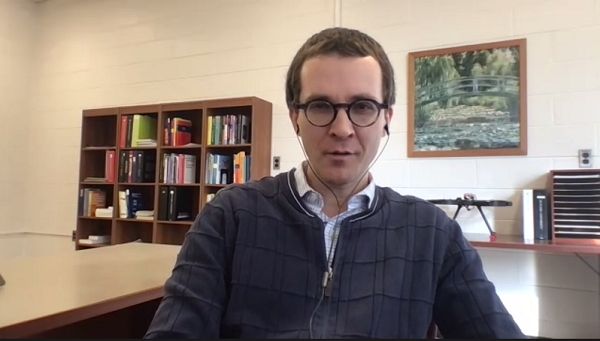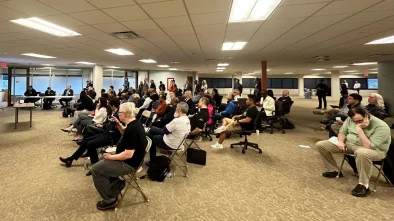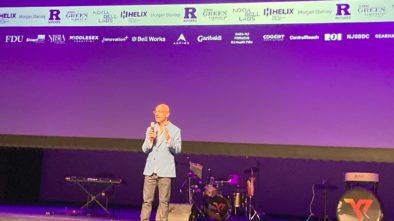Martin Luther King, Jr. Day, CSIT Funds SBIR/STTR Recipients, Clean Startup Grants, Drone Trends
[This article was taken from NJTW News, an NJTechWeekly.com newsletter, on Jan. 17, 2022. Sign up for it here.]
Martin Luther King, Jr. Day
- We wish you a happy Martin Luther King Jr. Day.
- Let’s rededicate ourselves to inclusion and diversity in the New Jersey tech ecosystem, not just on MLK day, but every day.
CSIT Funds SBIR/STTR Recipients
- Some 37 startups that are recipients of Small Business Innovation Research (SBIR) and Small Business Technology Transfer (STTR) grants from the federal government also have been awarded a total of $1,075,000 in additional funding from New Jersey.
- The funding is direct financial assistance through the New Jersey Commission on Science, Innovation and Technology (CSIT).
- A complete list of recipients can be found here.
Clean Startup Grants Available
- CSIT also announced that it will launch a $1.5 million Round 2 of its Clean Tech Seed Grant Pilot Program later this month.
- Funding awarded through the program helps accelerate the development and innovation of clean technologies by furthering research and development (R&D) within the state’s clean technology startup community, CSIT said.
- The application will be available here beginning on Jan. 24.
- CSIT will host an informational webinar, including a walk-through of the Clean Tech Seed Grant Program – Round 2 application, on Jan. 26.
- Register on the website.
Drone Trends
- James Barrood hosted an “Innovation Chat” with Laurent Burlion who is developing a large, two-story drone lab at Rutgers and Dan O’Toole, CEO of DRONEDEK (Indianapolis).
- O’Toole, who is a serial entrepreneur, described how his patented “mailbox of the future” works to receive packages from any transportation mode, including drones.
- He said that he had the idea in 2014 and rushed to patent it.
- He received his patent before Amazon, which had a similar idea and filed a few days after he did, he said.
- Burlion identified some of the “hard problems” to be solved before drones can become common place. Energy efficiency: “We can make progress on better batteries or solar panels to recharge drones.”
- Noise: Noise is a big problem. Currently most of the drones produce 95 decibels, which is quite high. MIT is working on a quiet drone, but it is not energy efficient.
- Safety: This is a big priority for the FAA, he said.





